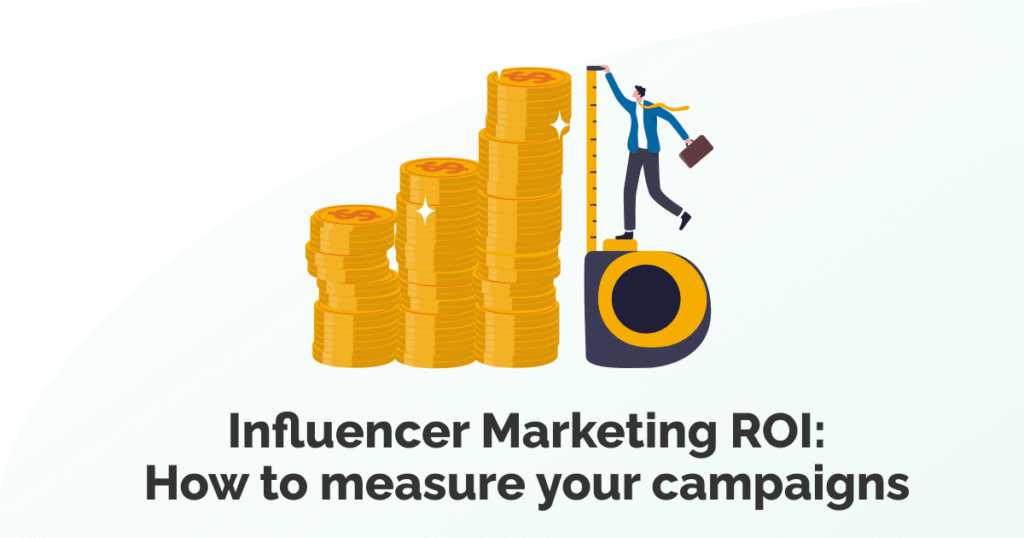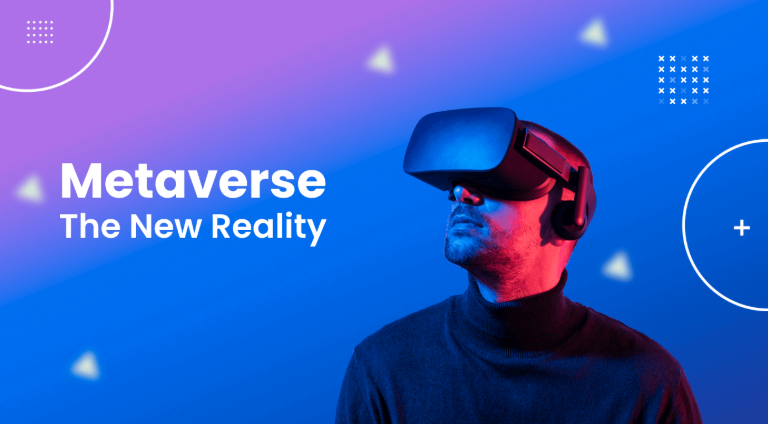Table of Content
- Introduction
- What is Neuromarketing?
- Benefits of Neuromarketing
- Disadvantages of Neuromarketing
- Conclusion
Introduction
In the field of marketing, many people discuss neuromarketing, but not as many people are familiar with it.
In order to gain a deeper understanding of customer behavior, a novel branch of business research has emerged that straddles the boundaries of three well-established disciplines: marketing, marketing research, and brain imaging.
What is Neuromarketing?

The scientific tracking of skin reaction, eye tracking, and brainwave activity to study how people’s brains respond to advertisements and other brand-related communications is known as neuromarketing.
By using these neuromarketing tools, decision-making behavior of consumers is predicted through an investigation of the brain. Neuromarketing is another tool that can be used to try to change customer behavior.
Marketers can learn about the preferences, motives, and decision-making processes of their clients by utilizing brain and other physiological data. Additionally, they provide predictions about the performance of a specific product, service, or marketing campaign using this information.
Because neuro technology is costly and specialized, conducting in-house neuromarketing research is expensive for businesses. Often, they engage with neuromarketing consulting organizations to carry out this type of targeted research.
Benefits of Neuromarketing
- Sincere Criticism
In a neuromarketing scenario, clients cannot lie, thus the data generated by these technologies is more trustworthy. One can alter someone’s feelings just by asking them how they feel about something.
Bypassing this issue, neuromarketing produces objective results that are not possible with a conventional customer satisfaction survey.
- Finding Out About Your Clients’ Whole View
Complete consumer impressions cannot be revealed by traditional market research study. A few approaches are available for you to use, including phone conversations, social media comments, reviews and testimonials, and online polls.
They offer an outside perspective on how clients see your business. The issue is that, occasionally, clients could be too polite to communicate their feelings. It is crucial to understand their subconscious reaction because of this. Customers’ thoughts can be reached with the use of neuromarketing. You don’t have to depend on what they tell others. It’s similar to filling out a mind reading questionnaire.
- You Receive Reliable Information
Several factors influence people’s decision-making. It could include well-known products and services, brands, and logos. Years of research is necessary to preserve these automatic reactions as data. Neuromarketing is a tool that brands can use to understand consumers’ subconscious responses. Businesses are given the chance to focus on altering such responses.
To improve your products, you need information about how customers feel about them. The best approach to obtain that information is through neuromarketing. Targeting a consumer’s inner desire using neuromarketing allows you to appeal to it. And the outcome will be as follows:
- A rise in website visitors.
- Increased business revenue.
- High brand authority.
- Content and Physiological Reactions Are Associated
For your company, you run a lot of commercials. Do they all produce the same reaction, though? NO is the response. Why then do some advertisements succeed while others do not? You can identify that problem with the aid of neuromarketing. You may examine specific affective reactions in each segment of your video advertisements. You can determine which section of the video the viewers found problematic.
You can examine how they responded to your latest flyer. Do your clients find the color scheme appealing? To display your ads to the public, you can host boot camps and product launches.
Experts in the relevant subject are required. They will use body language and facial expressions to determine what aspects of the advertisement they find objectionable. The advertisement’s portion can be altered. You can pique your clients’ interest in your merchandise by doing this.
- Precise Understanding
Compared to traditional market research, which assesses customer behavior at a higher level through methods like surveys and focus groups, neuromarketing offers a more detailed look into human behavior. Strategies for neuromarketing closely examine the habits, preferences, and behavior of their target audience.
They make use of information that would otherwise be impossible to quantify to ascertain a customer’s mood or potential course of action. Additionally, neuromarketing can offer real-time insights into consumer behavior.
Disadvantages of Neuromarketing
- Issue of Privacy
People provide you with data. They intentionally deliver that to you. However, they also seek authority. Leaks of data are common. Thus, you should work to improve data protection practices and technologies. The value of neural data is enormous. They are cultivable for social manipulation. As such, there’s a significant risk.
Let’s say you use this information to influence your clients. Is it legal even though you only do it for business purposes? It may come up in a protracted discussion, Thus, there’s a chance that eventually, people will believe it to be illegal. And there may be detrimental effects from that.
- Ethical Aspects
That is an old question. Some people believe that neuromarketing deceives customers, and to some extent, this is accurate. Some claim that neuromarketing carries out tasks that a qualified psychologist would.
You “learn” the behavioral patterns and produce wise outcomes. A lot of individuals; hence, believe neuromarketing to be unethical.
- Expensive Equipments
Neuromarketing equipment has always been expensive. For certain tools, both the cost and the quality of the work have dropped. The less accurate equipment is the least expensive equipment.
Therefore, it will be difficult for small business owners to afford the highest quality products.
Conclusion
Despite their mainstreaming, neuromarketing and consumer neuroscience are still regarded as emerging fields. Companies will use neuromarketing techniques more often as the technology advances and grows more widely available. Success in business requires an understanding of business psychology. And your hidden weapon of choice for this is neuromarketing.
It protects the money you invested in marketing. By using effective neuromarketing, you can access your clients’ minds. You can display your goods in the manner that appeals to them. It will support you in attracting devoted clients over time.
It also spares you from having to run ineffective adverts. Neuromarketing is a significant aspect of marketing, despite several drawbacks.







